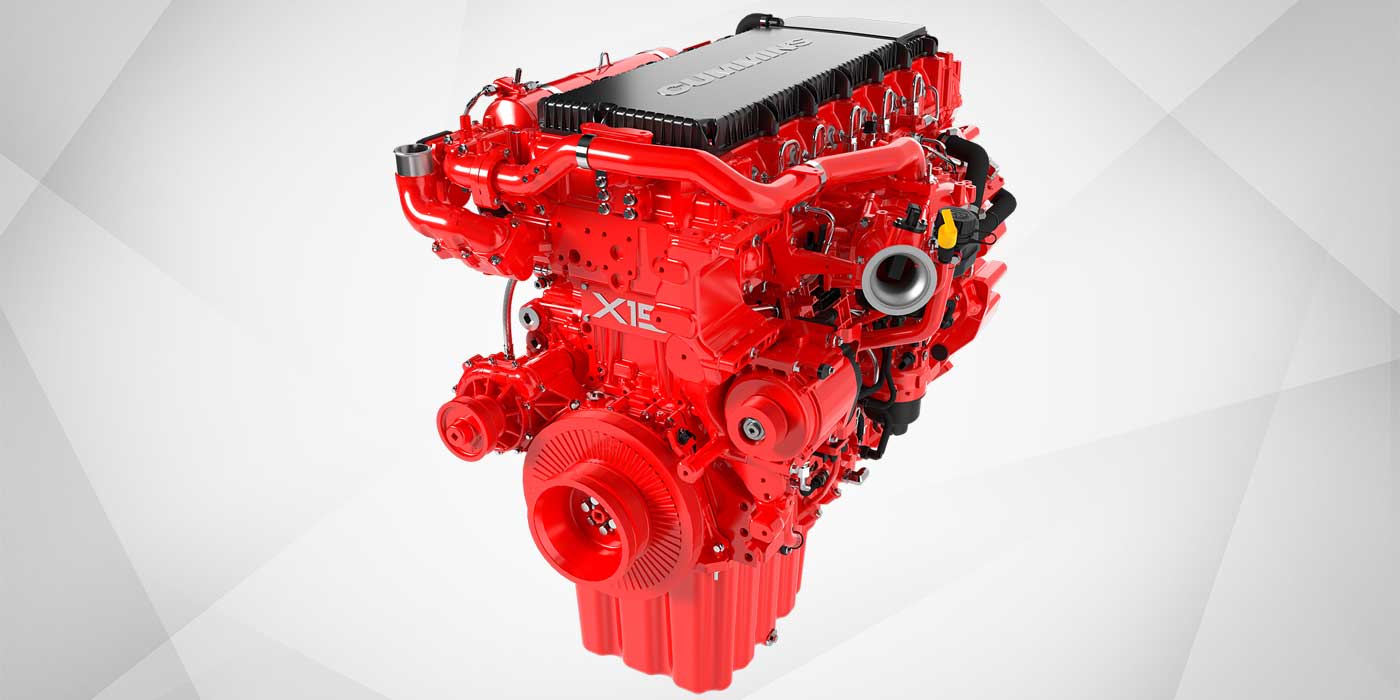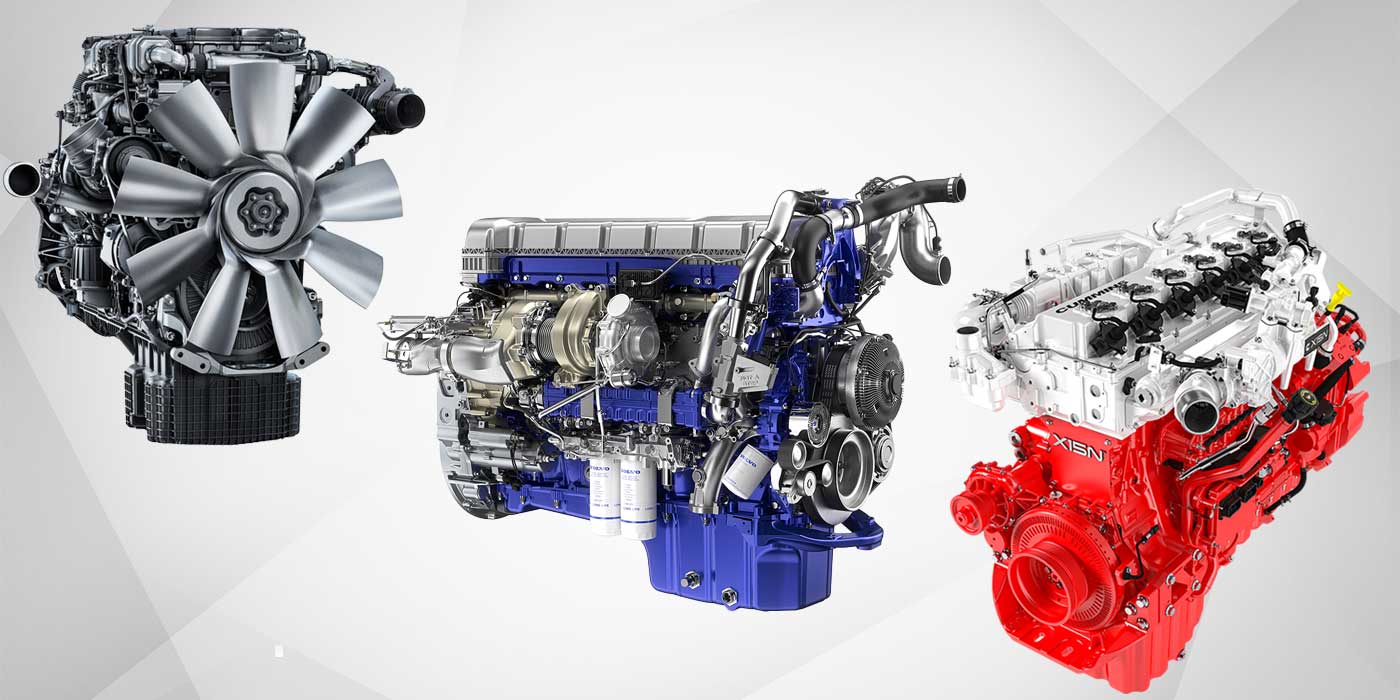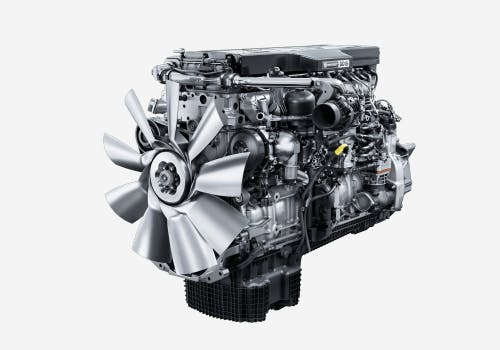How Engines For Africa Delivers Value and Performance
How Engines For Africa Delivers Value and Performance
Blog Article
Explore a Wide Variety of Engines for each Automobile and Function
The auto landscape is significantly intricate, with a varied selection of engine kinds made to fulfill specific efficiency and performance needs throughout various lorry groups. From the high-performance engines that power cars to the fuel-efficient options tailored for day-to-day travelling, the options are large and varied. Additionally, heavy-duty engines offer the requirements of work cars, while environment-friendly options are getting traction in the pursuit of sustainable transportation. Understanding these differences is important for making notified decisions, specifically as arising technologies proceed to form the future of vehicle engineering. What ramifications might these developments hold for makers and consumers alike?
Types of Automotive Engines
Automotive engines can be classified into a number of distinct types, each designed to fulfill particular efficiency and efficiency demands. One of the most common classifications consist of internal burning engines, electrical engines, and hybrid systems.

Electric engines, on the various other hand, operate electrical power stored in batteries, providing instant torque and no discharges. These engines are coming to be increasingly preferred as a result of innovations in battery modern technology and the growing focus on sustainability.
Crossbreed systems combine both interior burning and electric engines, allowing automobiles to maximize fuel effectiveness and lower exhausts by perfectly switching in between power sources. Each engine type presents its negative aspects and benefits, influencing elements such as automobile layout, planned usage, and market demand. When picking the proper engine for their specific demands., recognizing these distinctions is critical for producers and consumers alike.
Efficiency Engines for Sports Cars
Performance engines for cars are especially engineered to provide boosted power, dexterity, and speed, setting them in addition to conventional automobile engines. These engines commonly use innovative innovations such as turbocharging, supercharging, and variable shutoff timing to make best use of efficiency and responsiveness.
Typically, performance engines are developed with higher compression proportions, which enable higher energy removal from fuel. This leads to outstanding horse power and torque numbers, allowing rapid velocity and higher full throttle. The lightweight products utilized in these engines, such as aluminum and carbon fiber, add to reduced total car weight, enhancing handling and ability to move.
Engine configurations like V6, V8, and also hybrid systems are typical in efficiency sports automobiles, each offering unique advantages in terms of power delivery and driving dynamics. The adjusting of these engines is additionally important; many suppliers maximize the engine monitoring systems to offer an exhilarating driving experience, commonly including sporting activity settings that adjust throttle action and equipment shifts.
Effective Engines for Daily Commuters
In the world of daily commuting, reliable engines play an important duty in optimizing fuel economic situation and decreasing exhausts while offering trusted performance. As metropolitan populaces expand and environmental issues escalate, the need for cars furnished with reliable powertrains has actually risen.
Modern engines designed for everyday commuters commonly include technologies such as turbocharging, direct fuel shot, and crossbreed systems. Turbocharging boosts engine efficiency forcibly even more air right into the burning chamber, permitting smaller sized, lighter engines that do not compromise power output. Direct fuel injection enhances gas visit our website atomization, leading to better combustion and boosted efficiency.
Hybrid engines, integrating interior burning with electrical power, more boost fuel economic situation, particularly in stop-and-go website traffic, where typical engines can experience from ineffectiveness. Electric electric motors assist throughout velocity and can operate visit here separately at reduced rates, lowering total gas intake.
Additionally, innovations in engine monitoring systems and light-weight materials contribute significantly to reliable engine layout. By concentrating on efficiency, longevity, and ecological sustainability, makers proceed to deliver engines that not just fulfill the demands of daily travelling however also straighten with global initiatives to minimize carbon footprints.
Heavy-Duty Engines for Job Autos
Durable engines for work vehicles are consistently engineered to supply exceptional torque and integrity under requiring conditions. These engines are made to do in environments where traditional engines might fail, such as building sites, logging procedures, and agricultural setups. The main focus of heavy-duty engines is their ability to create high degrees of power while keeping longevity over expanded durations of operation.
Usually, heavy-duty engines utilize advanced materials and durable building techniques to withstand the rigors of hefty workloads. Attributes such as reinforced cylinder blocks, boosted air conditioning systems, and advanced gas shot technologies add to their efficiency. These engines often operate at reduced RPMs, which aids to optimize fuel performance while providing the required power for hauling and towing.
Along with mechanical robustness, durable engines are often furnished with innovative digital control units (ECUs) that handle efficiency, exhausts, and diagnostics. This assimilation enables better tracking and maintenance, ensuring that he has a good point work automobiles continue to be functional and reliable.
Eventually, sturdy engines are a vital part in the productivity of different sectors, providing the essential power and reliability to take on the toughest of tasks.
Eco-Friendly Engine Options
The growing emphasis on sustainability has resulted in the advancement of green engine alternatives that focus on lowered exhausts and boosted gas performance. These engines are made to reduce the environmental impact of vehicles while still delivering the efficiency and dependability expected by consumers.
Amongst one of the most significant environment-friendly options are hybrid and electric engines. Crossbreed engines combine traditional interior burning engines with electric propulsion, enabling for minimized fuel consumption and reduced greenhouse gas emissions. Electric engines, on the other hand, run totally on battery power, generating zero tailpipe exhausts and contributing to cleaner air high quality.
Another appealing development is the innovation of biofuel engines, which use renewable energies, such as plant materials, to power automobiles (Engines For Africa). By utilizing biofuels, these engines can lower dependence on fossil fuels and reduced overall carbon footprints

As the vehicle sector progresses, environment-friendly engine alternatives will play an essential duty in driving the transition in the direction of more lasting transportation options.
Conclusion
From high-performance engines that boost sports car abilities to reliable versions prioritizing fuel economic situation for day-to-day travelers, each type serves a particular feature. Durable engines provide to durable job lorries, while eco-friendly choices, such as electrical and biofuel engines, advertise lasting transportation.

Report this page